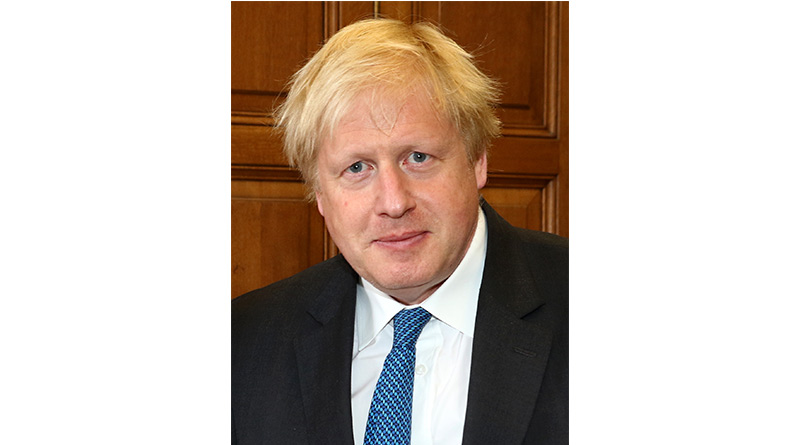MPs Narrowly Vote to Support Social Care Cap
Prime Minister Boris Johnson has won a commons vote last night (November 22) in support of his social care cap for England, despite a substantial Tory rebellion.
MPs voted through a change to how the £86,000 lifetime cap on care costs is met but critics have said this will affect those with fewer assets the most while people with more assets will gain more.
The Bill change was passed by 272 votes to 246 – a majority of 26 – with 19 Conservative MPs voting against the measure and 68 abstentions.
Under the government’s broader social care plan, from October 2023:
- those with assets of less than £20,000 will not have to pay anything from these towards care fees – although they might have to pay from their income
- those with more than £100,000 in assets – the value of their home, savings or investments – will not get any financial help from the council
- those with assets between £20,000 and £100,000 will qualify for council help, but will have to pay £86,000 themselves to reach the cap
The bill change, referred to as Clause 49, has moved to a Second Reading that will see MPs debate the main principles of the bill in the coming weeks.
The changes are expected to save the government £900m a year by 2027.
The cap was expected to amount to a combination of all care costs, including means-tested council funding.
Sir Andrew Dilnot told MPs last week the move would exacerbate geographical divides as most people with assets of less than £100,000 live in the north of England.
Sally Warren, Director of Policy at The King’s Fund, said:
“The change to the social care cap is a regressive step that will leave people with low levels of wealth still exposed to very high care costs.
“It is likely to mean that some people with moderate assets living in poorer areas will still be forced to sell their home to pay for their care, while wealthier people from richer parts of the country will be protected from this.
“This change was sprung upon MPs with very little notice and with no impact assessment made available. It is not the end of the story though – the Health and Care Bill will now pass to the House of Lords for peers to consider the implications of this regressive policy shift.
“The government was brave in raising taxes to fund the long-overdue reform of social care but, having taken two steps forward, it has now taken one step back.
“People with low and moderate levels of wealth may well wonder why the Prime Minister’s promise that no one need sell their house to pay for care will benefit wealthier people but doesn’t seem to apply to them.”
The Independent Care Group (ICG) said the rebellion over last night’s vote on the new social care cost cap should be a wake-up call.
ICG Chair Mike Padgham said: “The strength of feeling against the proposals should demonstrate to the Government that they haven’t got social care done.
“Just because something is marginally better to what we have now, doesn’t solve the crisis – indeed for many the exclusion of council support from the new £86,000 cap on care costs will actually be worse.
“But all is not lost, if it listens to what was said last night and what everyone is saying today, the Government still has time to pull care back from the brink.
“It needs to act fast and implement change. The Prime Minister has been bold in the past and we need to see him be bold over social care right now.
“We need to see big, positive investment in social care to enable it to work hand in hand with NHS care this winter and we need to see long-term reform to recognise, respect and reward social care’s workforce and give them the pay and conditions they have a right to expect.”
The ICG is warning of a dire winter as a decade of under-funding combines with the current staffing crisis and the ongoing impact of Covid-19 to put an excessive strain on the social care system.






